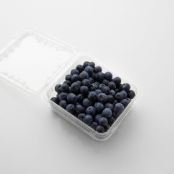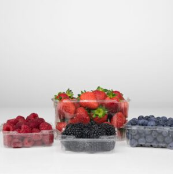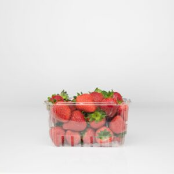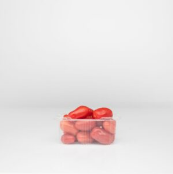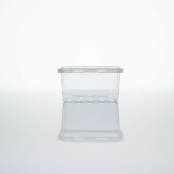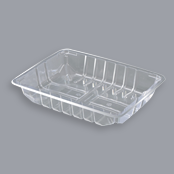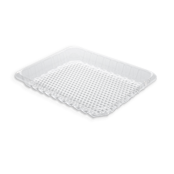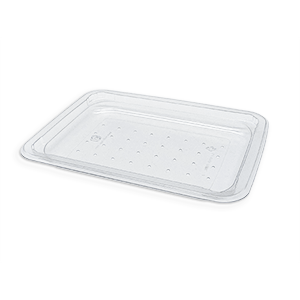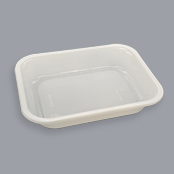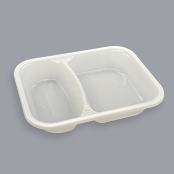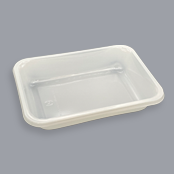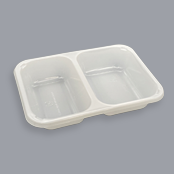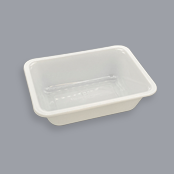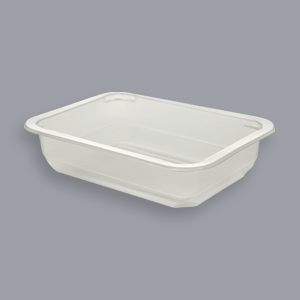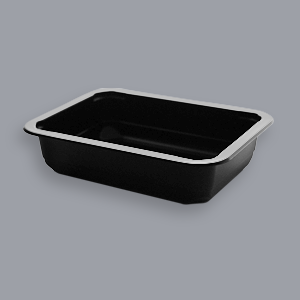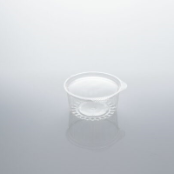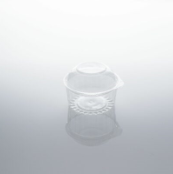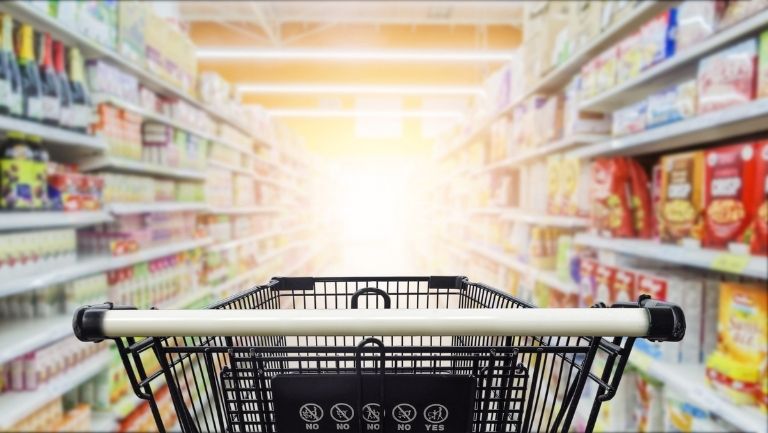
What food businesses need to know about the supermarket plastics revolution
With the recent release of the National Plastics Plan and its ambitious yet mission-critical 2025 National Packaging Targets, some seriously transformative changes are coming to a supermarket near you (and around Australia, for that matter). The gap between where Australia is now and where we’ve committed to be four years down the track is quite massive; but with the huge environmental impact of the food industry in Australia and around the globe, it’s a commitment that really needs to be made.
These commitments highlight the importance of strong government policy in leading transformative change towards fostering environmentally-conscious decision-making in industry. The food industry particularly is an area where margins are often low, consumers naturally seek out more affordable choices, and decisions are often based on the bottom-line (profit) rather than what accounting types call the “triple bottom-line” (social, environmental and financial). There’s a lot of competitive pressure on food businesses, and when many competitors are choosing cheaper but less environmentally-friendly options, it’s not easy to make decisions that add costs; whereas now that less environmentally-friendly options are being gradually phased out at a national level, we will be seeing transformative changes ahead, particularly on our supermarket shelves.
So, where are we now, where are we going, and what’s happening at our supermarkets? Read on.
Meeting the National Packaging Targets
At the moment, the final destination of almost 90% of plastics placed in Australian kerbside recycling is landfill (more info here); despite the significant environmental value of virgin plastics, the extra cost associated with using recycled content means there’s still little demand. At the moment, the recovery rate for plastic packaging is only a miserly 18%, despite 66% of plastic packaging in Australia being classified as having ‘good recyclability’. In fact, the average recycled content in plastic packaging is only 4% (APCO). This is all set to change, however, with the 2025 National Packaging Target for recycled content being 5x higher: an impressive 20%. We’re also set to see the recovery rate of plastic packaging grow by almost 4x, reaching 70%. (Read more about this in our recent article on the National Plastics Plan.)
Of course, it goes without saying that this isn’t going to happen in a vacuum; government and industry need to work together. For example, at least 80% of supermarket products will display the Australasian Recycling Label by December 2023, which will include information on the recycled content in the packaging used for those products. (This poses a marketing opportunity for food businesses that get in quicker, by the way: there’s a whole lot of research indicating that consumers will pay more for environmentally-friendly products, and with transparent environmental metrics becoming the norm soon, why not become environmentally-friendly and transparent before everyone else does?)
Supermarket sustainability commitments
With these policy changes confirmed, Australian supermarkets have been making some important commitments this year. Here’s your supermarket sustainability round-up:
ALDI
ALDI has adopted a new sustainability charter, and made nine commitments around plastic packaging, including the catchy “25by25” (reducing plastic packaging by 25% by 2025). They’ll be saying goodbye to problematic and unnecessary single-use plastics by the end of 2020, and the packaging of their exclusive brands will be reformulated to be 100% recyclable, reusable or compostable by the end of 2025. Furthermore, they’ll be including 50% recycled materials in all their packaging (including plastic packaging) by the end of 2025, which is significantly higher than the national target for plastics packaging (20%). They’ll also be using the Australasian Recycling Label (ARL) on ALDI branded products by the end of 2022.
Coles
Coles’ Together to Zero Waste campaign involves “working with industry partners, suppliers and customers to increase food security, reduce waste and overall, conserve our valuable resources.” They’re offering the REDcycle soft plastic collection program in all Coles supermarkets; working towards making all Own Brand product packaging being 100% recyclable, reuseable or compostable by 2025, and working towards rolling out the Australasian Recycling Label (ARL); all Coles Own Brand packaging will carry the ARL by 2025.
Woolworths
Woolworths has released a Sustainability Plan 2025, which includes some exciting commitments for their Own Brand products, including halving the use of virgin plastic packaging by weight against their 2018 baseline, achieving an average of 60% recycled content by the end of 2025 (again, significantly higher than the national target), providing more refillable and reusable packaging options in-store for Own Brand products, displaying the Australasian Recycling Label on 100% of Own Brand product packaging by the end of 2023, and making 100% of Own Brand packaging widely recyclable, reusable or compostable by 2023.
These sustainability commitments, combined with enormous changes at policy level, will be creating massive demand for recycled content. Multisteps has been driving industry-leading change in this area for a long time, setting benchmarks for incorporating very high levels of recycled plastic content and continually investing in R&D so that food businesses can make environmentally-friendly decisions while never having to compromise on quality. We’re a favourite choice for businesses seeking food packaging that not only meets Government targets for recycled content within plastic packaging (20%), but far exceeds them. Our products have the ability to offer packaging with up to 100% recycled content.
With Multisteps, your food products and produce are in the best of hands; we’re commited to providing excellence in food packaging at reasonable prices, so that your business can grow and thrive while resting assured that if you package your wares with Multisteps, they’ll still be just as fresh and delicious when they arrive!
With Multisteps, we’ve got your back. Less headaches, so you can focus on your core business, reduce your carbon footprint, and share your environmental values loud and proud with your customers.
Want to know more about how you can gain a competitive edge through packaging that’s better for both business and the planet? Get in touch.





